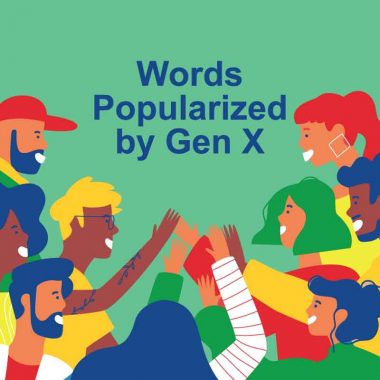“Mistress” And Other Words That Only Apply To Women
It takes two people to have an affair. Despite this fact, there is a clear disparity in the way the public generally discusses extramarital relationships. Heterosexual men who have affairs are just heterosexual men who had affairs. But, the women with whom they have those affairs quickly get labeled with another term, one for which there is no effective male equivalent in English: mistress. As …











